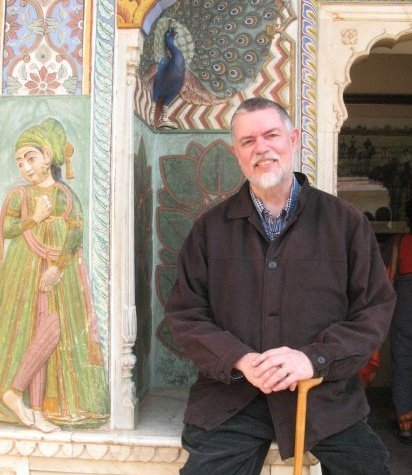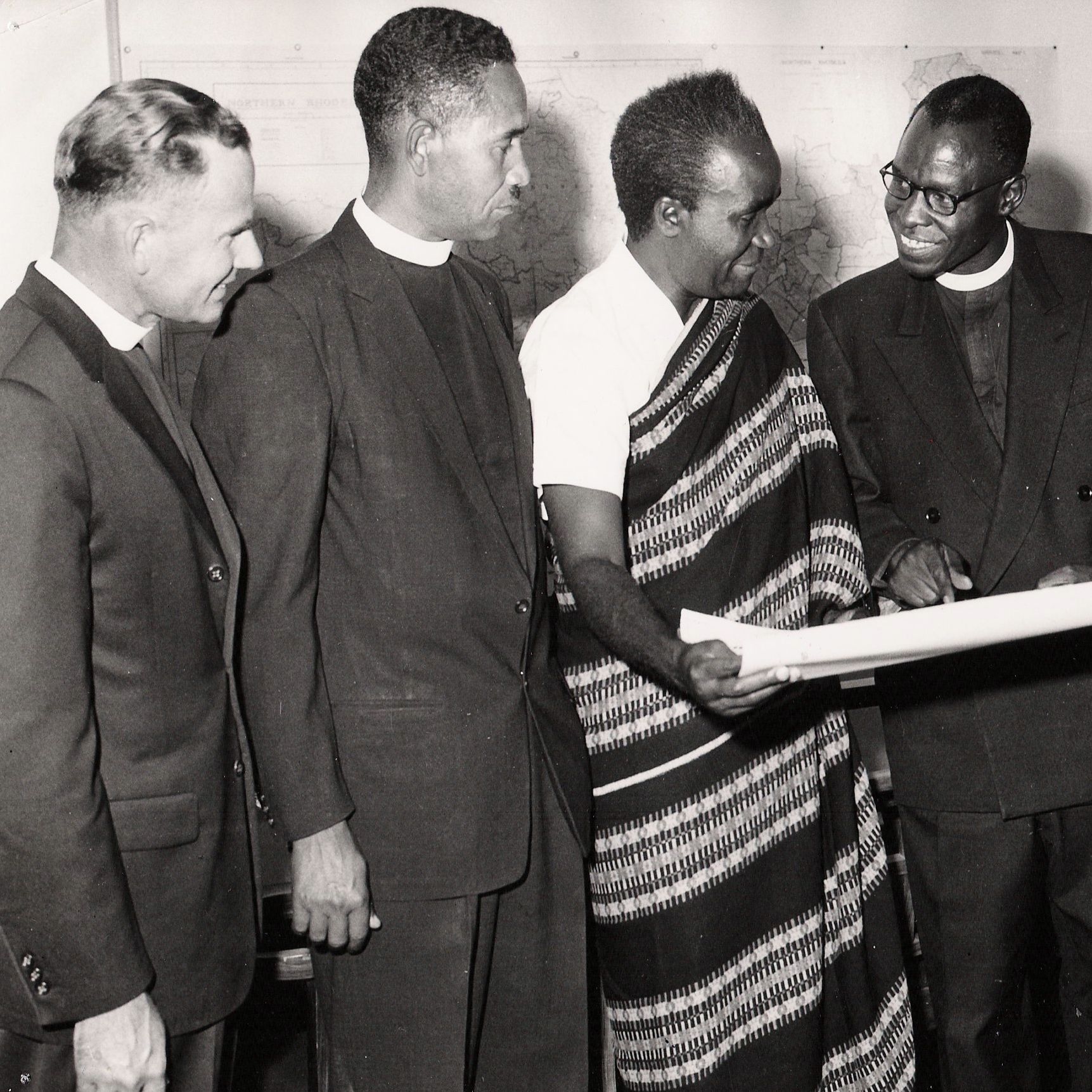
This story is too good not to share again!
Last week in our Brethren in Christ on the World Wide Web roundup, The Search for Piety and Obedience highlighted a series of interesting stories centering on the research of Brethren in Christ scholar Dwight W. Thomas. Thomas is currently working on a book titled Missionaries on the Fringe, which apparently focuses on early Brethren in Christ missionary endeavors in Zambia. (I don’t know too much about this book, but I’m hoping to learn more soon!)
As part of his research for the book, in summer 2013 Thomas visited the Wesleyan Church Archives in Fishers, Indiana, in pursuit of information about the “Pilgrim Holiness Church (PHC) missionary collaboration with the Brethren in Christ (BIC) in Zambia in the early to mid-twentieth century,” according to this story from the Wesleyan Church website. (As a sidenote, the Pilgrim Holiness Church merged with the Wesleyan Church at some point in its history.)
Of course, anyone who’s done archival research knows it can be quite tedious: paging through dusty, dog-eared file after dusty, dog-eared file; squinting to decipher sometimes-indiscernible handwriting; distracted down a research rabbit-hole that ultimately leads nowhere. It’s not particularly glamorous work (although for some of us, it does have its charms!).
Sometimes, though, archival research yields unexpected treasures, as was the case for Thomas. The Wesleyan Church news story recounts the tale:
Prior to his visit to the archives, Dr. Thomas interviewed retired missionary Daniel Bursch who once served as the [Pilgrim Holiness Church, or PHC] national director in Zambia.
Dr. Thomas examined three boxes of materials in the archives that Rev. Bursch had forwarded there in 1977. The boxes had been sent to Bursch by M. M. Temple, a British missionary who had served for a time as headmaster of the David Livingston Teacher Training School in Livingston, Zambia, a school that was part of the PHC ministry in the 1950’s and 1960’s.
The files had been previously examined, but tucked behind the files in a previously unnoticed box was [a] typed manuscript of several hundred pages in two volumes.
Read the whole story here.

Apparently, the manuscript Thomas uncovered was an early draft of Zambia Shall Be Free, the 1962 autobiography of Zambian President Kenneth Kaunda, who led the country’s 1964 independence movement, famous for its use of nonviolent tactics. Needless to say, a draft of Kaunda’s manuscript would have particular historical and cultural significance for modern-day researchers — not to mention the Zambian people.
How did the manuscript wind up in the Wesleyan Church Archives? “Both Bursch and Temple were personally acquainted with President Kaunda, and it appears that Temple may have been asked to edit the manuscript,” reported the Wesleyan Church article about Thomas’ discovery.
Soon after Thomas uncovered it, the archival staff and Wesleyan Church leaders entered into talks with the Zambian Pilgrim Wesleyan Church regarding what to do with the important material. The manuscript was subsequently repatriated to Zambia, as reported by Dennis Jackson, executive director of Global Partners, the mission arm of the Wesleyan Church:
On April 3, 2014, my wife, Gwen, and I, along with Dr. Alfred Kalembo, the Zambian Pilgrim Wesleyan Church national superintendent, and his wife, Muumbe, had the privilege of returning this newly discovered manuscript to President Kaunda in a special ceremony in Lusaka, Zambia. The return of the manuscript was especially meaningful to the first president in light of the celebration of his 90th birthday (April 28) and the upcoming 50th anniversary of the Republic of Zambia on October 24, 2014. The fact that President Kaunda is vital and alive at 90—in a country where the life expectancy is only 46 years—made the discovery and delivery of the manuscript even more significant.
Read Jackson’s whole report here.
What an incredible story!
Stay tuned to The Search for Piety and Obedience for more on Thomas’ ongoing research into the history of Brethren in Christ missions in Africa.
